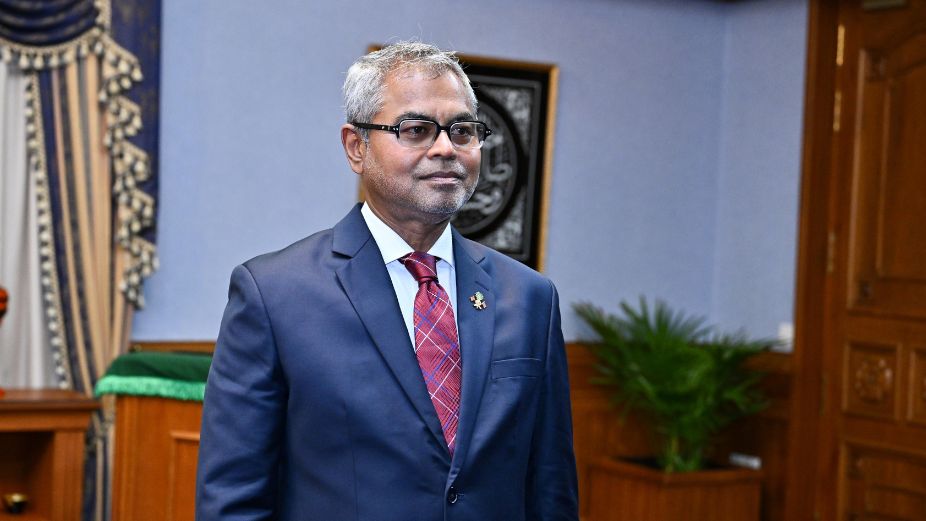
The government has merged the Ministry of Climate Change, Environment and Energy with the Ministry of Tourism, forming the new Ministry of Tourism and Environment. President Dr Mohamed Muizzu appointed Thoriq Ibrahim as the minister of the newly combined entity, following the dismissal of Ibrahim Faisal as Tourism Minister on 28 January. The government has not provided an explanation for Faisal’s removal.
With this merger, the number of ministries in the government has been reduced to 19. However, the decision raises concerns over the significant differences in responsibilities between the two sectors. The Environment Ministry has long been involved in highly technical and complex work, particularly in climate negotiations, environmental protection, and sustainability initiatives. Meanwhile, the tourism ministry primarily focuses on tourism growth, promotion, and regulatory oversight of the Maldives’ most vital industry.
The Maldives’ tourism sector is the backbone of the economy, contributing the largest share of GDP and foreign exchange earnings. Managing it requires a distinct set of policies, including infrastructure development, destination marketing, and industry regulations. At the same time, environmental governance is critical to the country’s survival, given its vulnerability to climate change. The environment ministry’s responsibilities extend to climate diplomacy, conservation efforts, waste management, and energy policies—areas that require specialised expertise and international collaboration.
Combining these two ministries risks creating administrative inefficiencies, as environmental policymaking and climate advocacy could be overshadowed by the more commercially driven tourism sector. Climate negotiations, for example, involve intricate discussions on global financing mechanisms, emission reduction commitments, and sustainable development strategies—topics that require dedicated focus and expertise.
The merger also raises questions about the government’s approach to balancing economic growth with environmental sustainability. While the tourism industry depends on the Maldives’ natural beauty, effectively managing environmental challenges—such as coastal erosion, coral bleaching, and waste management—demands a level of attention that may be difficult to maintain within a ministry primarily tasked with driving tourism development.
As Minister Thoriq takes charge of the new Ministry of Tourism and Environment, how the government navigates these competing priorities will be closely watched. The merger may streamline bureaucratic processes on paper, but whether it enhances governance or leads to compromises in key environmental policies remains to be seen.











